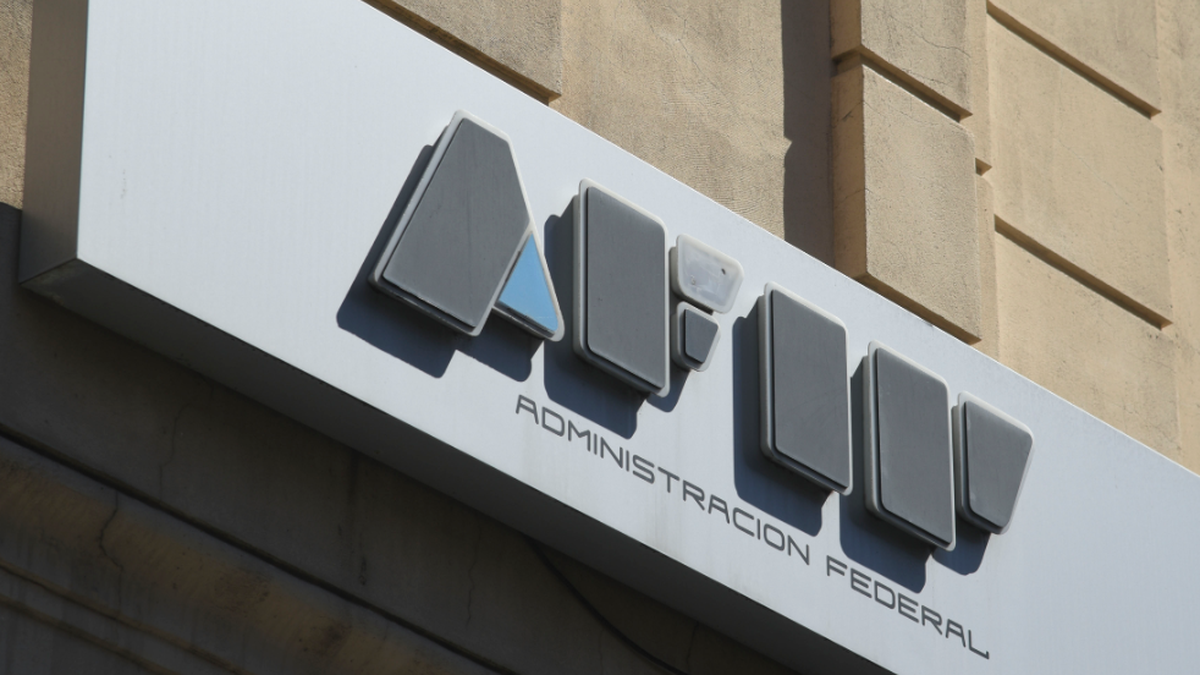With the information of the financial and savings accounts of Argentines in the United States already in his possession, the Federal Public Revenue Administration (AFIP) will begin sending induction notes to taxpayers to join in the money laundering.
As already anticipated by the federal administrator of public revenues, Florence Misrahi, In different forums in recent weeks, inspection actions are being prepared that contemplate the preparation of taxpayer profiles, with cross-checking of information between financial investments, credit card consumption and checking asset increases.
Along with this, the AFIP will also review the information on exchange agreements with other countries. Above all, those of the agreement within the framework of the Organization for Economic Cooperation and Development (OECD).
They anticipated that there will be inductions for taxpayers
Misrahi told the accountants gathered in the Professional Council of Economic Sciences of the City of Buenos Aires that, during this time, inductions will be given to taxpayers in which they will be informed of the possibility of joining.
The “inductions” are not injunctions, but suggestions from the AFIP to the taxpayer to correctly declare their assets. It informs you by note that they have information in their possession that suggests that you do not have your records in order.
It is not clear how many accounts were reported. Over time, they were estimated at around 100,000. Recently, some versions indicate that there would be some more of those figures, but AFIP said nothing about it.
dollars mattress bleaching
The Government seeks to get the dollars out from under the mattress.
Depositphotos
The information provided by the Internal Revenue Services (IRS) The body equivalent to the AFIP is quite limited and limited. For example, a savings account that does not earn interest may have deposits of US$10 million and not be informed.
The United States reports data from accounts that receive interest from North American sources for more than US$10. Provide the name of the holder, their CUIT, the bank account number in the United States and the name of the bank.
These data, by themselves, may be too little to determine if a taxpayer is hiding funds. Just open a more agile channel so that the AFIP can contrast with other information already declared by the taxpayer. It would be when in sYour sworn statement of Personal Assets does not include any account in the United States.
One element to take into account is that the agreement Foreign Account Tax Compliance Law (FATCA) does not contemplate information on final beneficiaries of accounts opened by companies.
The other source of information that the AFIP is the OECD agreement signed by 106 countries. This agreement is broader and was designed more than a decade ago to attack tax havens, where large corporations used to establish controlling companies to avoid paying taxes in their countries of origin. In that agreement final beneficiaries of company accounts are reported when one person has more than 25% control.
How the laundering continues
The Government extended by one month the deadlines originally provided for in the law. The expiration of the first stage will now be October 31. During this period, people can declare cash, both dollars and pesos, and different assets, including a savings or financial account. During this period, anyone who declares assets worth more than US$100,000 has to pay a special tax of 5%.
In the second stage you must pay 10% and runs from November 1 to January 31, 2025and in the third stage 15% is paid and goes from February 1 to April 30.
Source: Ambito




